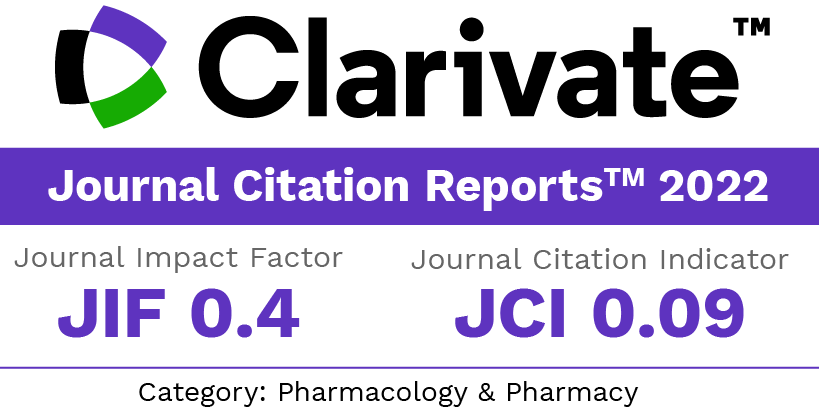Español
Abstract
In this review, the main features induced by a salt excess in the soil on the physiology of higher plants, as well as the mechanisms of resistance to satine conditions, are discussed. The physiological effects of salinity may be described as: (a) water stress, arising from the more negative water potential of the rooting medium caused by saline ions; (b) nutrient ion imbalance, when the excess of sodium or chloride leads to a diminished uptake or impared internal distribution of potassium, nitrates or phosphates; and (c) specific ion toxicity, usually associated with excessive chloride or sodium uptake. Salinity resistance may be acquired by means of avoidance mechanisms, based on excluding, extruding or diluting the excess of saline ions, or by tolerarice mechanisms, based on a high degree of intracellular compartimentation of absorbed ions, and on an adequate osmorregulation between vacuole and cytoplasm obtained by accumulation of compatible organic solutes in the cytoplasm.
Downloads
Downloads
Published
How to Cite
Issue
Section
License
The articles, which are published in this journal, are subject to the following terms in relation to the rights of patrimonial or exploitation:
- The authors will keep their copyright and guarantee to the journal the right of first publication of their work, which will be distributed with a Creative Commons BY-NC-SA 4.0 license that allows third parties to reuse the work whenever its author, quote the original source and do not make commercial use of it.
b. The authors may adopt other non-exclusive licensing agreements for the distribution of the published version of the work (e.g., deposit it in an institutional telematic file or publish it in a monographic volume) provided that the original source of its publication is indicated.
c. Authors are allowed and advised to disseminate their work through the Internet (e.g. in institutional repositories or on their website) before and during the submission process, which can produce interesting exchanges and increase citations of the published work. (See The effect of open access).


















